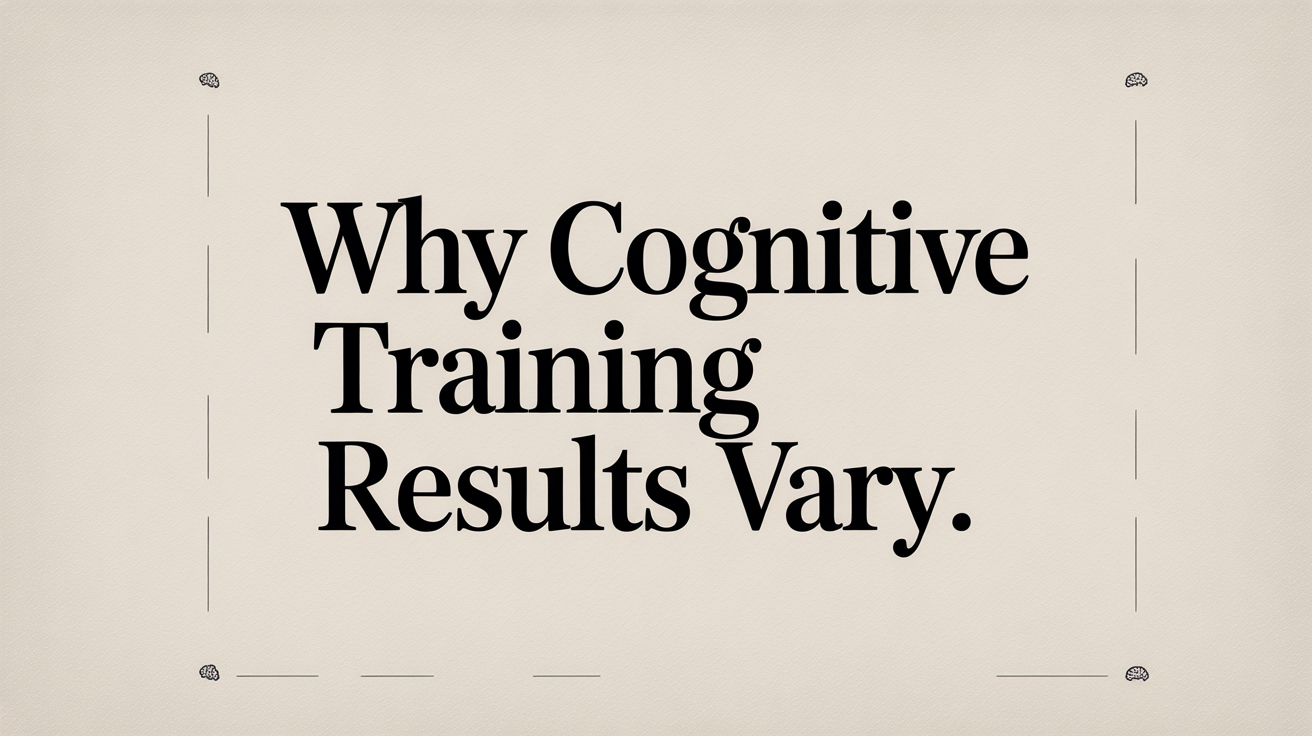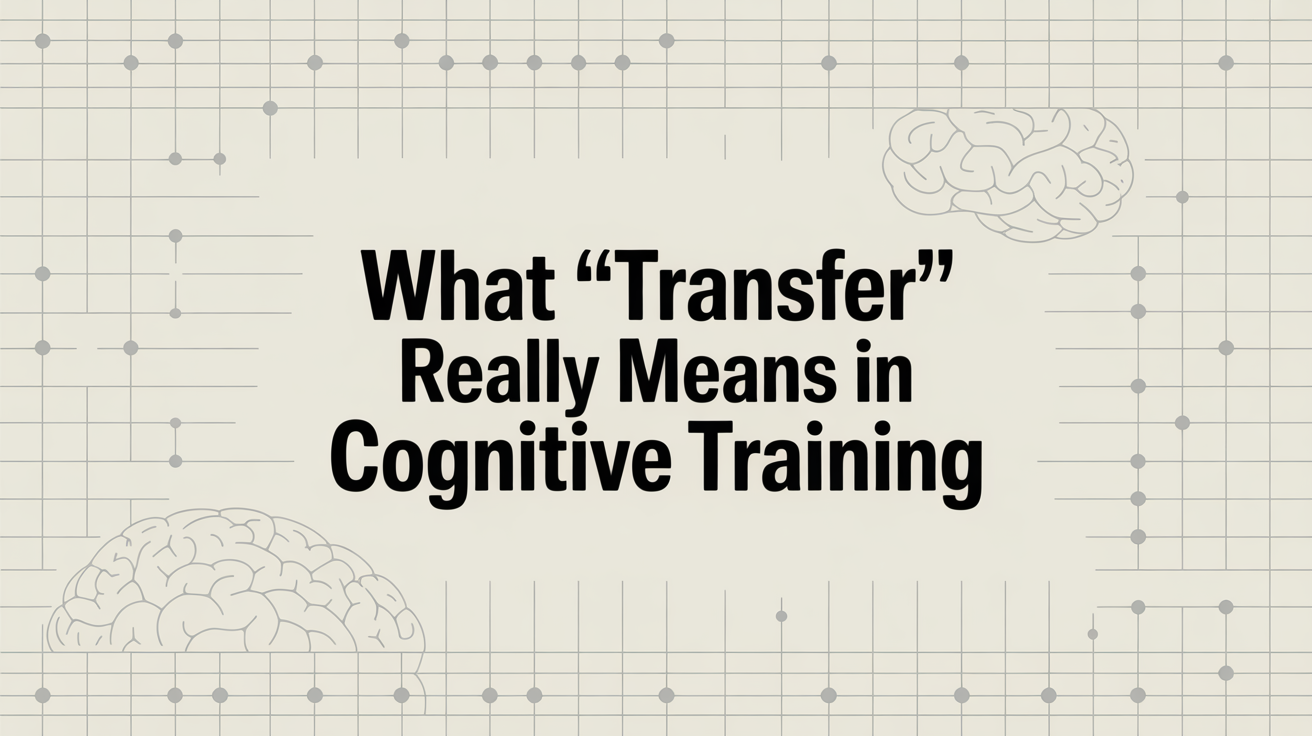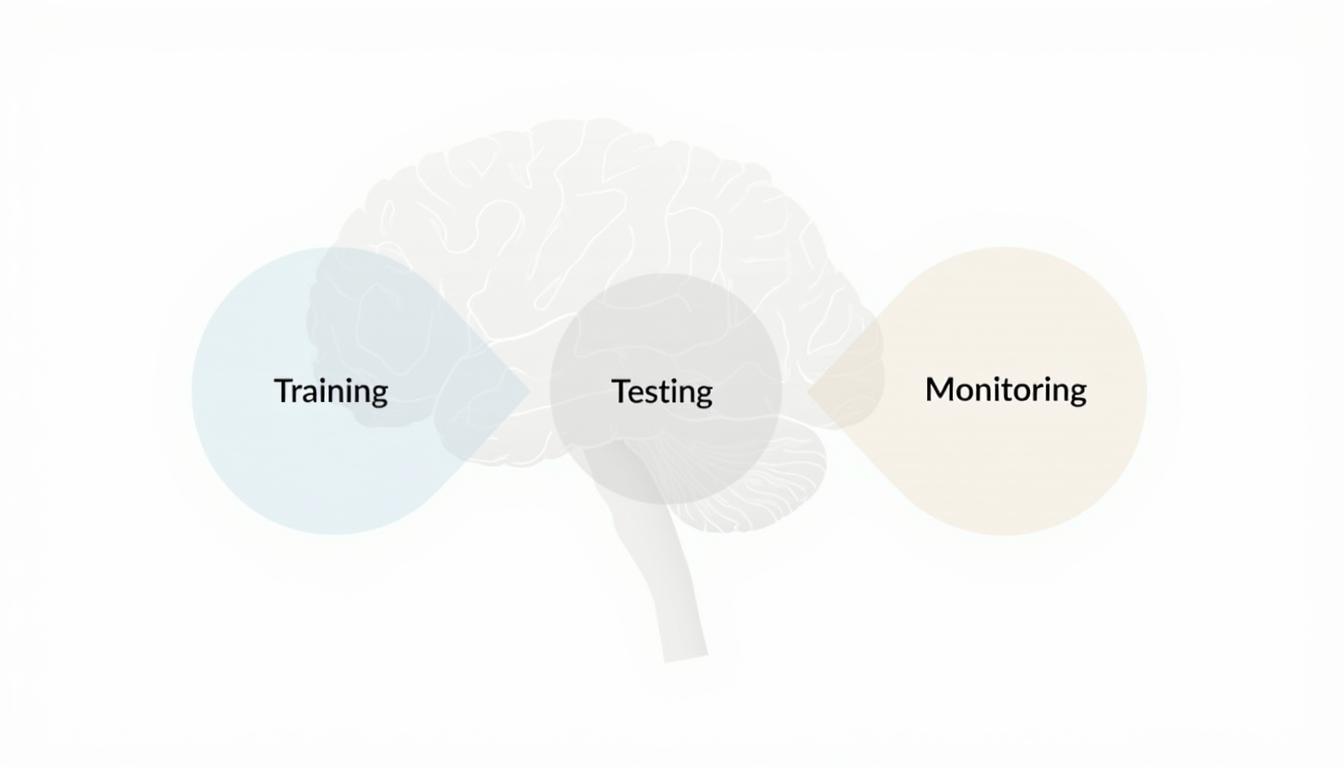Welcome to the Research and Strategy Services at in today's fast-paced.


A survey done at the Ronald Reagan UCLA Medical Center found that when a group of people under the age of 45 were asked what they would do in the hours following a possible stroke, 73 percent of them stated that they would wait to see if symptoms subsided.
Doctors have found that the 3 hours following stroke symptoms, or the first stroke symptom, is a critical time referred to as the “golden window.” This golden window of opportunity must be respected if the patient wishes to see resolve from the effects of a stroke. It is during this time that medical attention is crucial in order to attempt to restore blood flow to the patient’s brain. Only by adequately restoring this flow that doctors are able to reverse or minimize the damage caused to the brain by the stroke.
In the United States, stroke is the third primary cause of death. Strokes happen when the brain is deprived of oxygen. Strokes are classified into two different categories and the treatment will therefore be contingent upon the cause of the stroke. A stroke can be ischemic or hemorrhagic. Ischemic strokes happen when the blood flow to the brain is restricted. Hemorrhagic strokes occur as a result of a blood vessel(s) in the brain bursting.
David Liebeskind, MD, Professor of neurology, Director of Neurovascular Imaging Research Core at Ronald Reagan UCLA Medical Center and Director of Outpatient Stroke and Neurovascular Programs, says that treating stroke in a timely manner is more important than treatment for any other existing medical problems. He states: “There is a very limited window in which to start treatment because the brain is very sensitive to a lack of blood flow or to bleeding, and the longer the patient waits, the more devastating the consequences.”
The study completed by UCLA Medical Center asked a total of more than a thousand people what their reaction would be to experiencing the following symptoms:
These are, of course, the most common symptoms associated with stroke. Only one out of three of those who were asked (under the age of 45) said that they would seek medical attention immediately should they experience the above symptoms. With a startling 73 percent of those who participated in this survey saying that they would wait to see if symptoms dissipated, and an estimated stroke occurring approximately every 40 seconds in the US (that is nearly 800,000 a year) – it is clear that educating the younger portion of our society about the urgency of stroke treatment is a necessity.
This study has revealed that most individuals are not aware of the urgency required when dealing with strokes, nor are they cognizant of the associated symptoms of a stroke. For someone who has suffered a stroke, there is only a mere matter of hours in which medical treatment will be effective. Once this window has passed, the effects of stroke will be irreversible. Do you know the symptoms of stroke and would you recognize the need for immediate medical care should you experience these symptoms?
(Source: ScienceDaily.com)







Welcome to the Research and Strategy Services at in today's fast-paced.

An interpretive overview explaining why cognitive training outcomes vary across individuals, how factors such as baseline ability, state, and measurement influence results, and why variability should be expected.

An interpretive overview explaining what “transfer” means in cognitive training, why improvements often remain task-specific, and how transfer should be understood as conditional rather than assumed.

An interpretive overview clarifying the differences between cognitive training, testing, and monitoring, and why these distinctions matter when interpreting cognitive performance data.
.png)